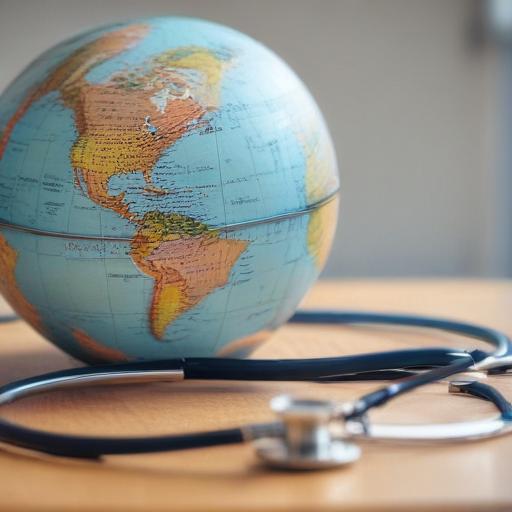As the Senate prepares to vote on significant budget rescissions this week, Bill Gates has expressed deep concern about the potential repercussions for the United States Agency for International Development (USAID) and global health initiatives. The GOP-controlled Senate aims to cut approximately $9.4 billion from the federal budget, including $1 billion earmarked for health programs that are critical for global well-being.
In a Wall Street Journal op-ed published on Monday, Gates articulated his alarm regarding the implications of the proposed cuts, highlighting that such decisions jeopardize urgent and effective aid programs that have historically characterized America’s commitment to helping underserved communities worldwide. He emphasized that although addressing inefficiencies in the budget is important, the proposed cuts threaten programs that have been life-saving for millions.
Through the Bill & Melinda Gates Foundation, which has contributed over $100 billion since its inception—with around half dedicated to global health—Gates is a significant advocate for funding essential health initiatives. Recently, the foundation reiterated its commitment by pledging $1.6 billion over five years to Gavi, the Vaccine Alliance, which has supported vaccination efforts that have benefited myriad children and communities around the globe.
Gates specifically pointed out that programs like the President’s Emergency Plan for AIDS Relief (PEPFAR) and the President’s Malaria Initiative (PMI) have collectively saved approximately 37 million lives since their launch. He argued that these health programs exemplify both efficacy and efficiency, functioning on a minimal portion of the federal budget, which Gates stressed accounts for less than 0.1%.
He believes that reducing funding for these programs could have serious implications not just for global health, but also for American national security and economic interests, stating that they play a crucial role in promoting global stability, protecting against pandemics, and fostering economic growth both abroad and in the U.S.
The rescission bill, which narrowly passed in the House last month, also proposes reductions in funding for public broadcasting. Some Republican senators have already expressed skepticism regarding certain cuts, suggesting there is still room for negotiation and amendment before the Senate’s vote.
Gates invoked America’s historical role in post-World War II reconstruction as a moral and strategic imperative for continued global leadership. He encouraged all Americans to take pride in the ways their contributions have positively impacted global health, urging senators to maintain funding for these critical programs rather than making cuts.
While challenges lie ahead in the Senate, there is still hope that a balanced approach can be reached that preserves vital aid programs while addressing budgetary concerns. In the past, bipartisan consensus has often emerged on issues of public health and humanitarian assistance, and continued dialogue may lead to a more equitable solution that benefits both Americans and those in need worldwide.
